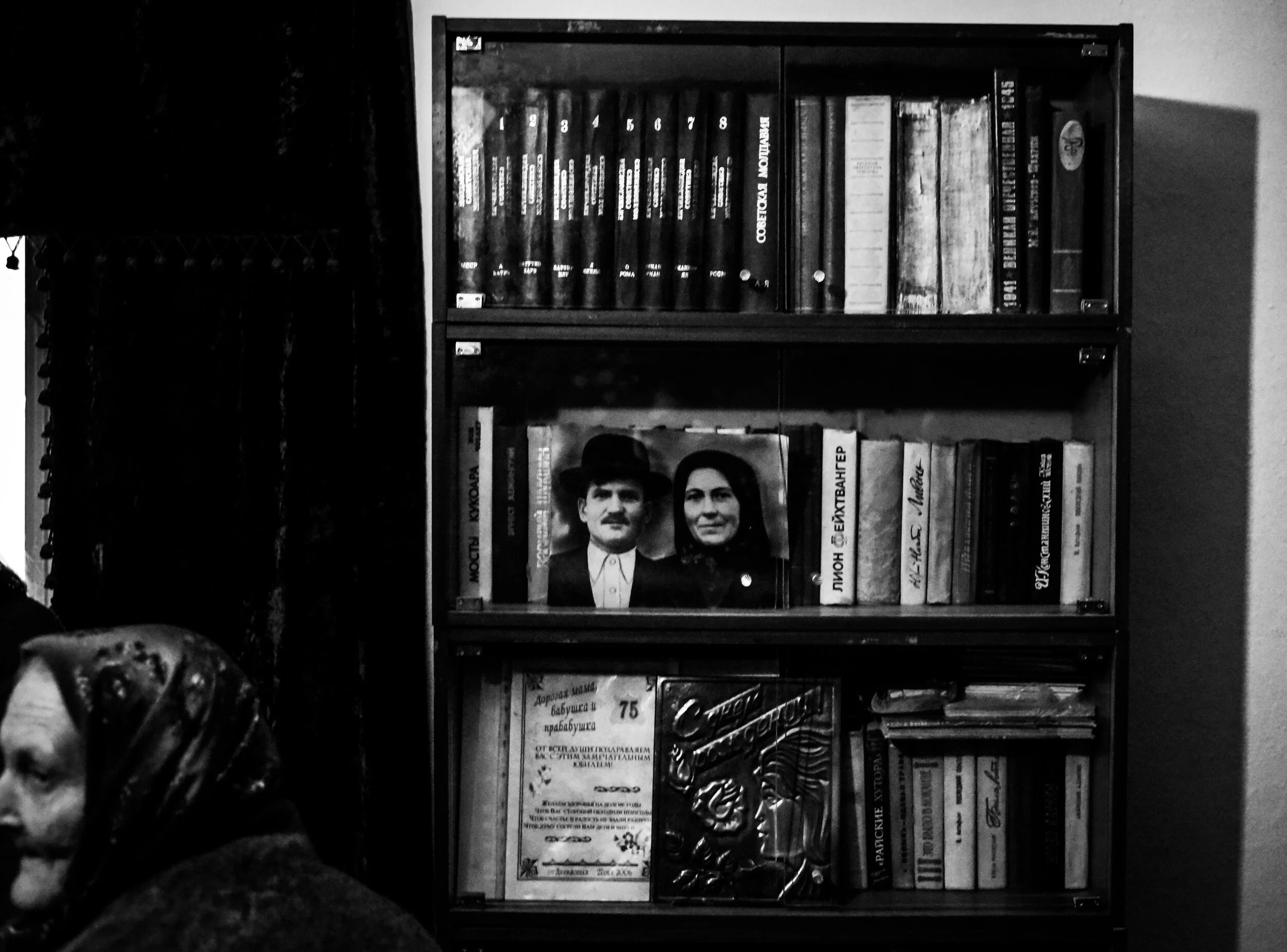
Lord of the Cherries
by Kathrin Schmidt
Translated from the German by Susan Vickerman
It was in the times when, day in day out, the only thing I cared about, looking back now, was being an Exemplary Child of the German Democratic Republic; the times when our schoolbooks contained a verdict on the previous war, but only as a thing long in the past – a past which surely couldn’t have been the one our parents had lived through.

Pictures of Galina
by Herb Randall
We arrive at the improbably named village of Krushchevaya Nikitovka, once the home of a nobleman by that name, and now of Olga’s parents. She swears the village takes its name from that seventeenth-century boyar and not the Soviet leader of the 1950s, but I can’t help but wonder.
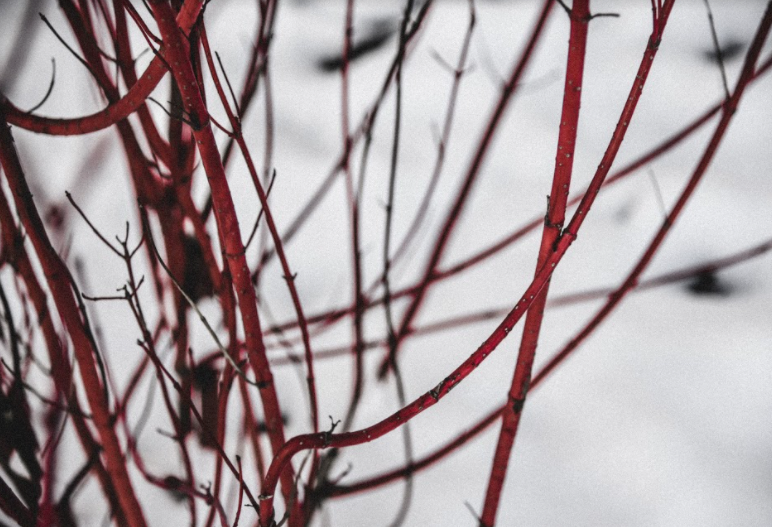
"Dry Tree" and Other Poems
by Lauren Davis
Neither I
nor the seasons
forget
what was before.
Only each of us make
a joyous rebirth
of what ourselves have figured out.


Longing, Troth, and Anti-Semitism in Gregor Von Rezzori
by Anthony Hennen
Austria-Hungary is a relatively hidden empire in the American conscience. Unless one has ancestral ties to it, or found their way to its former lands during a summer trip to Europe, it disappears under the swinging blade that divides western and eastern Europe.

People of the Puszta
by David Auerbach
The puszta is the Hungarian term given to the Carpathian Basin, the vast steppe of southwestern Hungary: sprawling yet flat and empty.
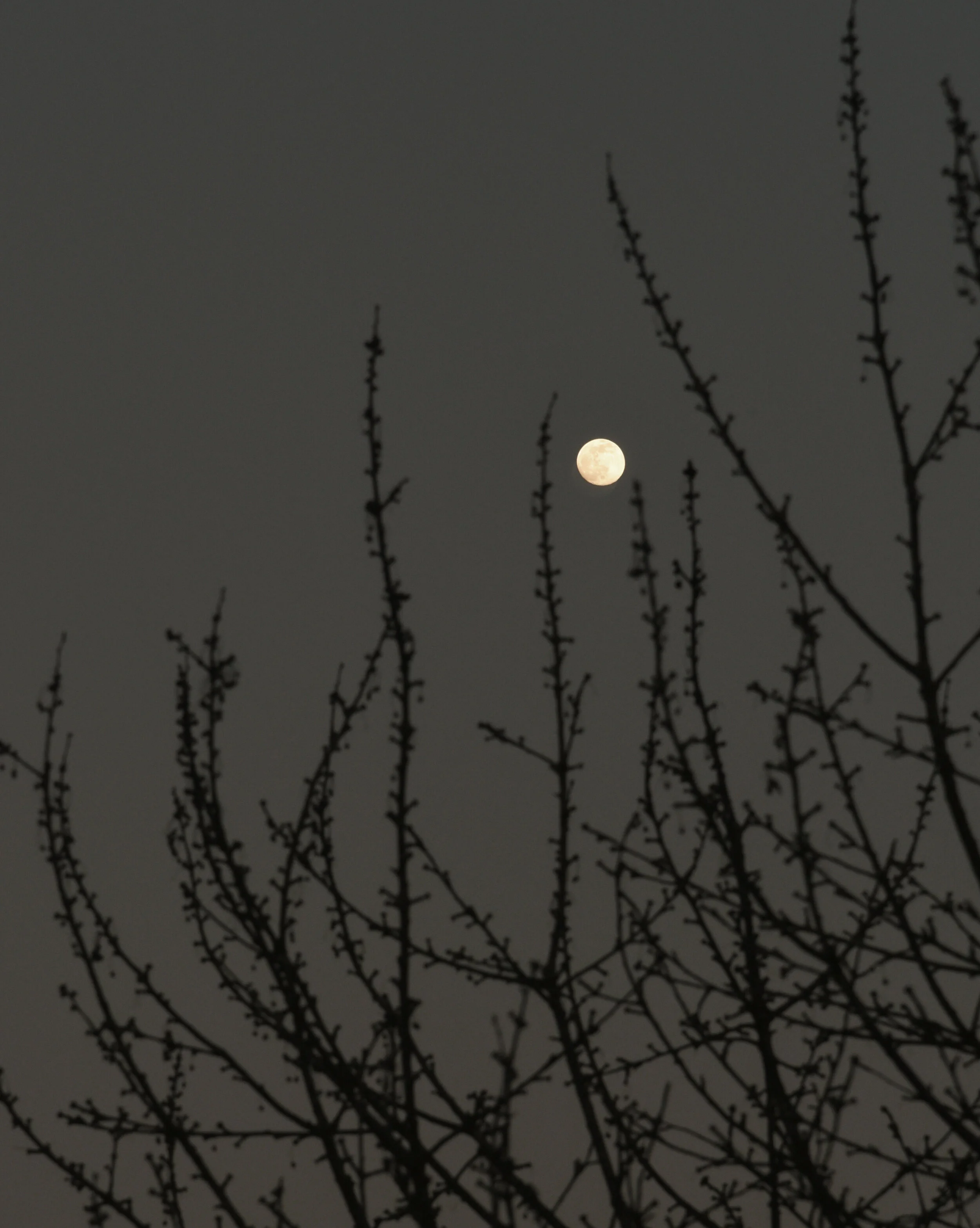

“In the air, that’s where my roots are”: An Interview with Alta Ifland
Interviewed by Kate Tsurkan
After the regime fell, we discovered that the Secret Police had installed a microphone behind our bed—yes! Apparently, the dictator’s wife got a kick from listening to the dissidents’ sex lives.

In Search of Memory: A Review of Olesya Yaremchuk’s Our Others (2020, Ibidem)
Reviewed by Liliia Shutiak
Translated from the Ukrainian by Kate Tsurkan
Our Others contains the testimonies of people from minority groups devoted to preserving their traditions, creating a special universe of multicultural diversity. Big and small Ukrainian cities alike are proud of this diversity, but at the same time, it is constantly receding further and further into the past.
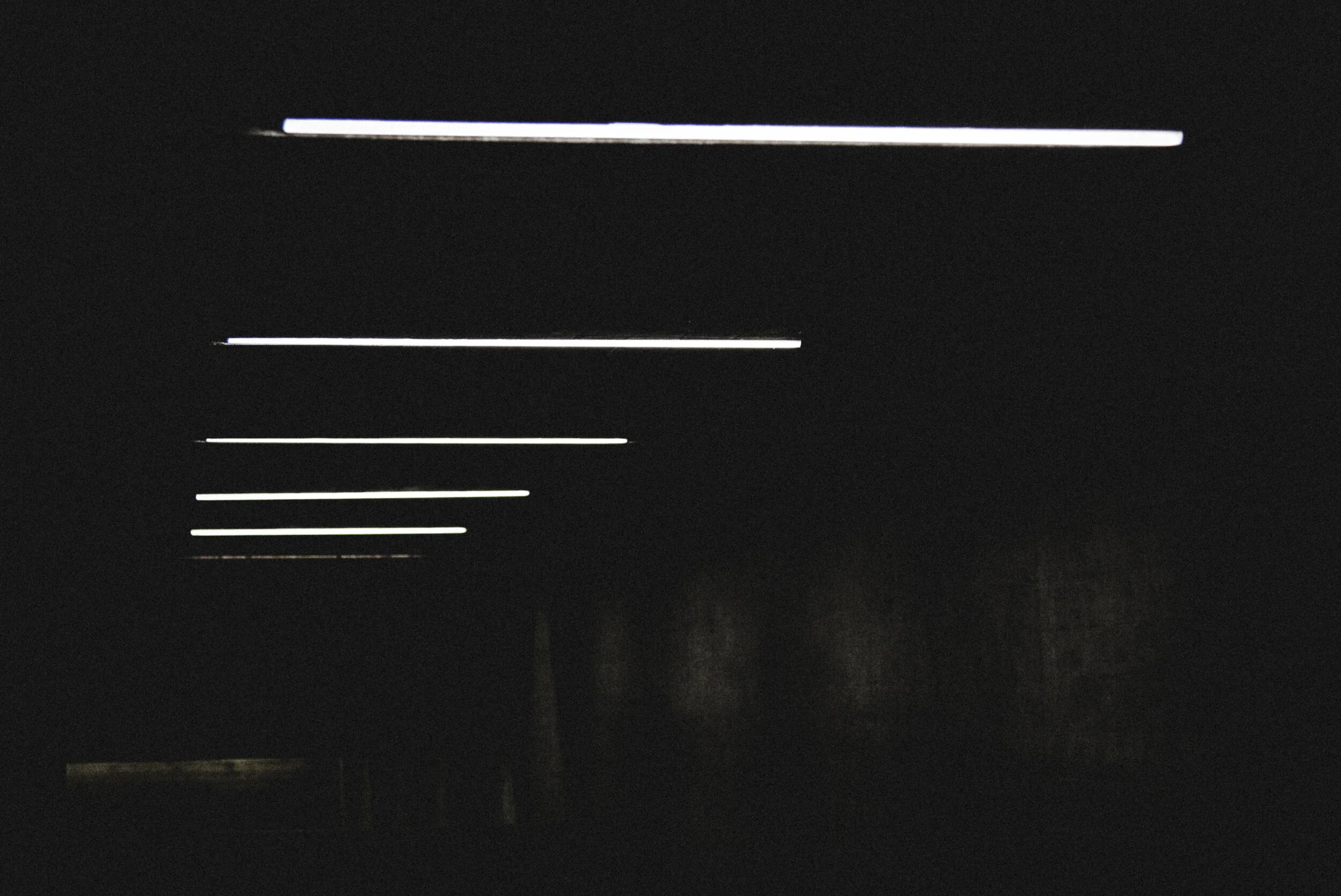
Anya
by Anastasiia Ovcharova
Translated from the Ukrainian by Dmytro Kyyan
I remember our first meeting well. I was washing my hands with ice water in the procedure room when she came in to get acquainted, asking what language would be more convenient for me to speak. I replied that I understood both Ukrainian and Russian very well, “So, you can speak what suits you better.”

"A Kind of Black Magic": An Interview with Marek Šindelka
Interviewed by Michael Stein
I think that's one of the main forces of literature, that you can go inside. Other arts like film are on the surface. You're never able to reach the inner world, and even literally the innards.

"We are only now beginning to pay attention to language": An Interview with Oksana Lutsyshyna
Interviewed by Sandra Joy Russell
I was always innately feminist before I knew the word or the notion. The Soviet world was quite harsh and unforgiving of femaleness, of the condition of being a human being who is female.

Ruptures and Windows: A Review of Tereza Riedlbauchová's Paris Notebook (2020, The Visible Spectrum)
Reviewed by Isaac Stackhouse Wheeler
For all the flesh this book rips apart, it does so as part of a subtler project of fragmentation. As the translator puts it in his thoughtful afterword, “Tereza Riedlbauchová’s intensely passionate poems explore the thresholds and ruptures of bodies and the borders between the physical world and the imagination.”

War is Closer Than You Think: A Review of Serhiy Zhadan's The Orphanage (2021, Yale University Press)
Reviewed by Khrystia Vengryniuk
Translated from the Ukrainian by Yulia Lyubka
Serhiy Zhadan’s The Orphanage does not teach and should not teach, and even more so, should not indicate what side to take in the war. The author, as sad as it may seem, described an ordinary Ukrainian who is marginal, detached, a stranger, the "other" in their own country.

Breaking Through Historical Oblivion: A Review of Sergei Lebedev's "The Goose Fritz" (2019, New Vessel Press)
Reviewed by Dmytro Kyyan
The fate of Goose Fritz in Russia following its publication is rather unusual. In an interview with radio 'Deutschlandfunk', Sergei Lebedev – who now lives in Germany – said that it was “as if [the novel] suddenly disappeared”.

War and Forgetting: On Sofia Andrukhovych's Amadoka (2020, The Old Lion Publishing House)
by Bohdana Neborak
At the Solovki prison camp, more than one thousand Ukrainian prisoners were executed between 27th October and 4th November 1937. How political persecution and mass murder on such a large scale was even possible remains a question.
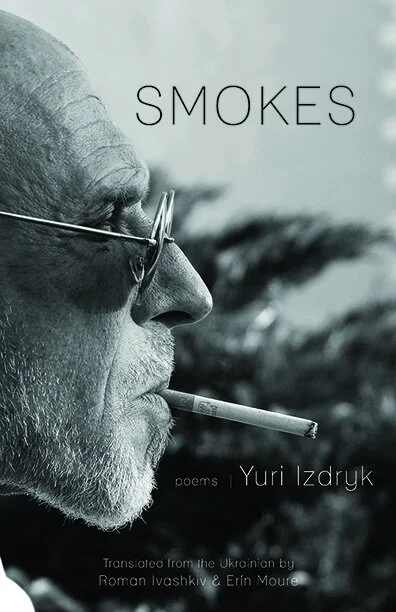
45 Poems Drowned in Smoke: A review of Yuri Izdryk's "Smokes" (2019, Lost Horse Press)
Reviewed by Liliia Shutiak
Translated from the Ukrainian by Yulia Lyubka
Not many contemporary Ukrainian writers can boast of having dared to completely undress in front of an audience. The 58-year-old poet, novelist, book designer, musician, and actor Yuri Izdryk can.

“The problem is that people don’t like complicated stories”: An Interview with Kateryna Sergatskova
Interviewed by Kate Tsurkan
I have long been interested in the dark side of man. Why does someone decide to become a terrorist and intimidate the world? How does someone become the cannon fodder of ideologies?

Creating a Record of Violence and Love: A Review of Lida Yusupova's The Scar We Know (2021, Cicada Press)
Reviewed by Olena Jennings
Throughout the book, she advocates for gay, lesbian, and transgender people. The book itself creates a sense of community. Even the act of just stepping into the Center, which represents community, brings the voice in the poem happiness “but I was smiling at her I was beaming.”

XXX, je t'aime. (Please insert any city where you’ve lived.)
by Iryna Vikyrchak
Re-visiting the cities where you used to live, in reality, in is the most painful kind of tourism. Wherever you go, sooner or later your feet will betray you by taking the path they know, turning onto little streets they used to walk down and bring you on the familiar, yet forgotten routes.
